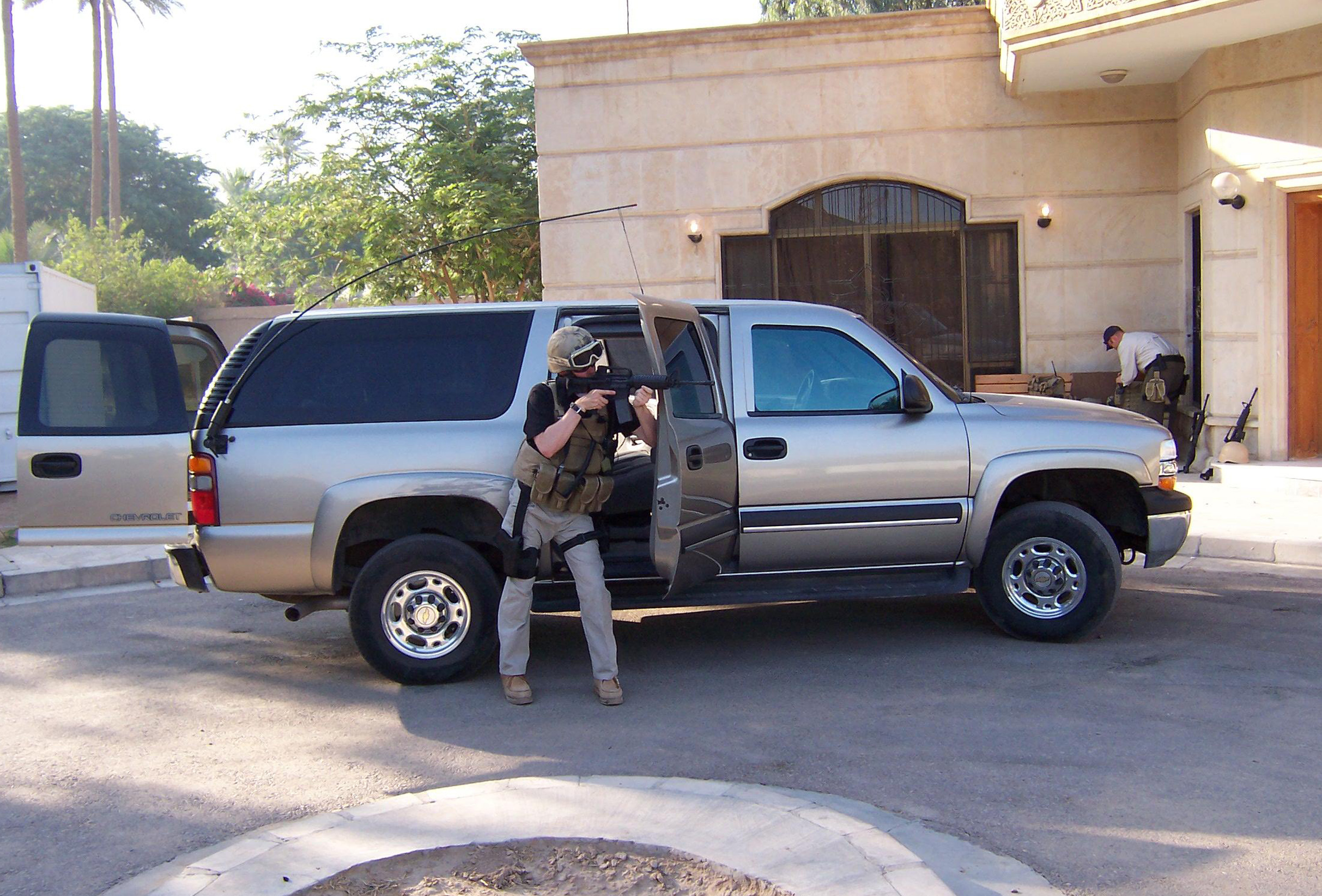By guest author Olivia Kate Cerrone.

Image by Vito Manzari and licensed under the Creative Commons Attribution 2.0 Generic license.
During August 2014, I taught at the Stella Maris Onlus organization, a women’s refugee center in Syracuse, Sicily, where I led a creative writing workshop for Africans seeking asylum in Italy. My focus was to foster a safe, nonjudgmental atmosphere for women to write and share personal stories about the trauma and violence of migration.
Refugees are Italy’s most vulnerable population. Most brave the hazards of human trafficking, sex slavery, rape, terrorism and a life-threatening journey across the Mediterranean for the chance at a better life abroad. Due to visa restrictions, working legally in Italy remains extremely difficult. No recreational activities or mental health services are offered at refugee centers. Boredom and despair exacerbate the severe PTSD that overwhelm many, often leading to fights and suicidal depression.
Tensions divided the women. I observed how Somalis, all conservative Muslims, avoided Eritreans, who wore Western clothing and once served their country as combat soldiers. I met a brilliant, young Nigerian woman who survived a church bombing by Boko Haram, which left her entire body scarred. She had fled Africa without knowing whether her parents had survived the attack. With the help of an expert translator, four different languages—English, Italian, Somali and Eritrean—shaped our workshop. Together, these women forged a community through their creative work.
Storytelling empowers refugees because it gives them a renewed sense of agency, an ownership over their trauma through language. Furthermore, the act of writing encourages the writer to examine her experiences from a place of distance and perspective. This inspires healing. The stories of refugee women reflect the undeniable truth that their lives have infinite value and meaning. Their voices serve as a powerful weapon against suffering and indifference.
We’re delighted to welcome Olivia Kate Cerrone as Guest Author. Olivia is a writer and educator. She received her MFA from New York University and teaches writing at Bunker Hill Community College in Boston. She has also taught Palestinians at the Aida refugee camp near Bethlehem through the Lajee Center, and African refugees through the Stella Maris Onlus organization in Sicily. She currently serves as a writing mentor for the Afghan Women’s Writers Project. Her fiction has appeared in various journals, including New South, theBerkeley Fiction Review, War Literature & the Arts, Jewish Fiction.net, The Portland Review, and VIA:Voices in Italian Americana. Her website is http://www.oliviacerrone.com.

